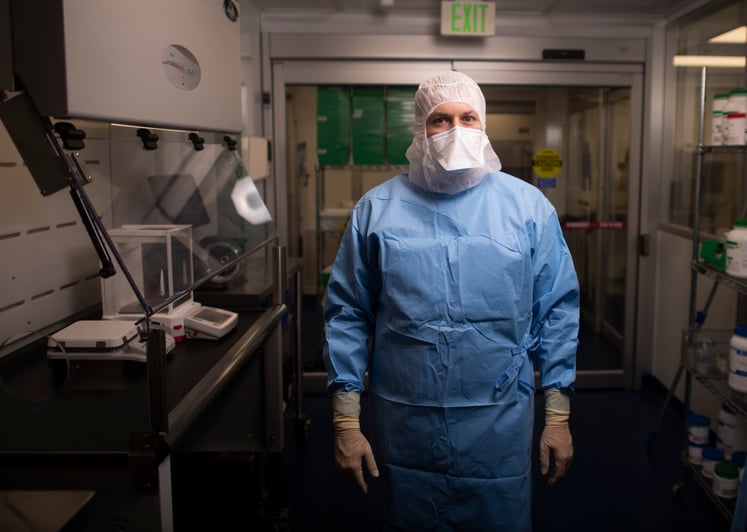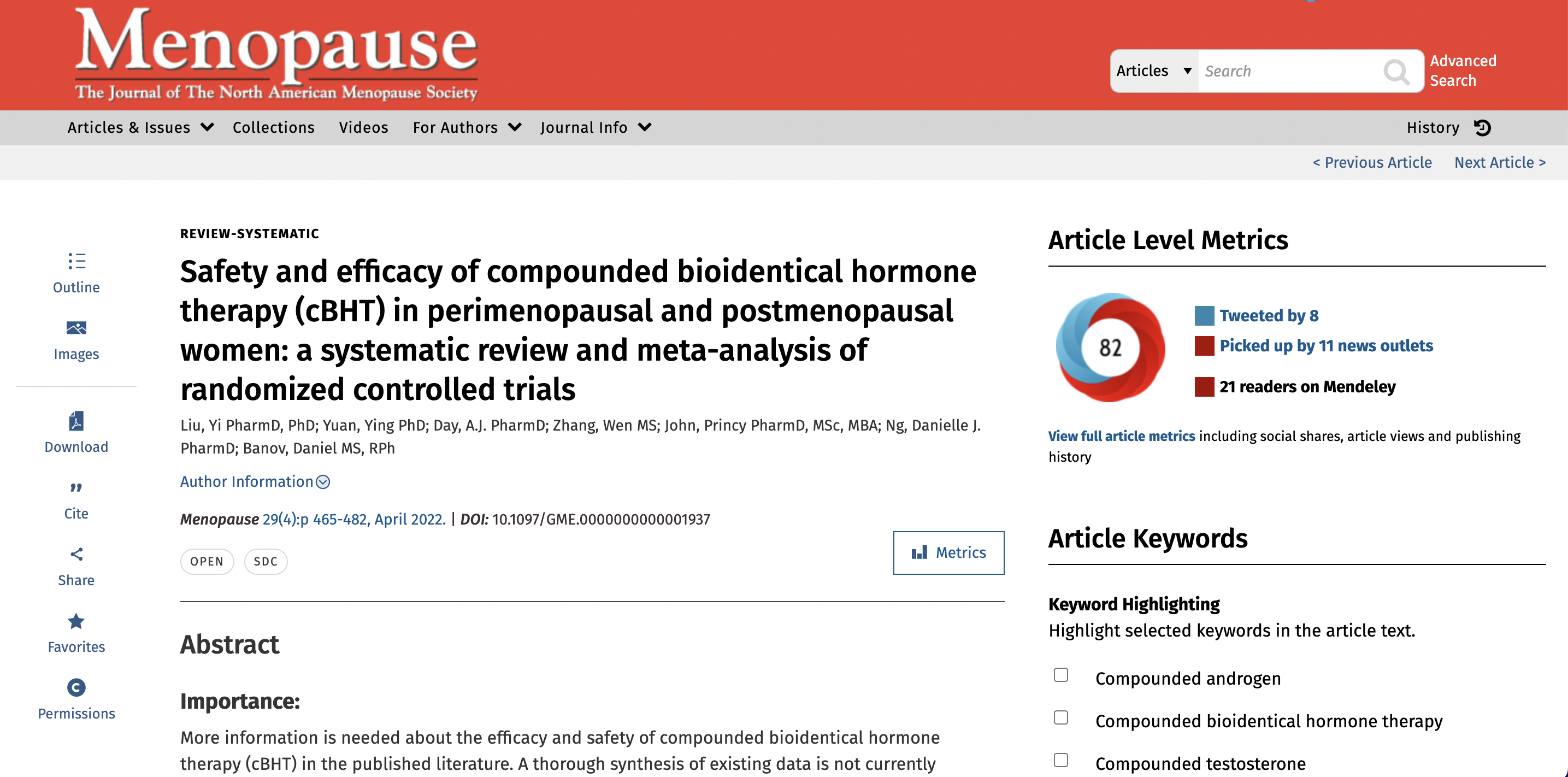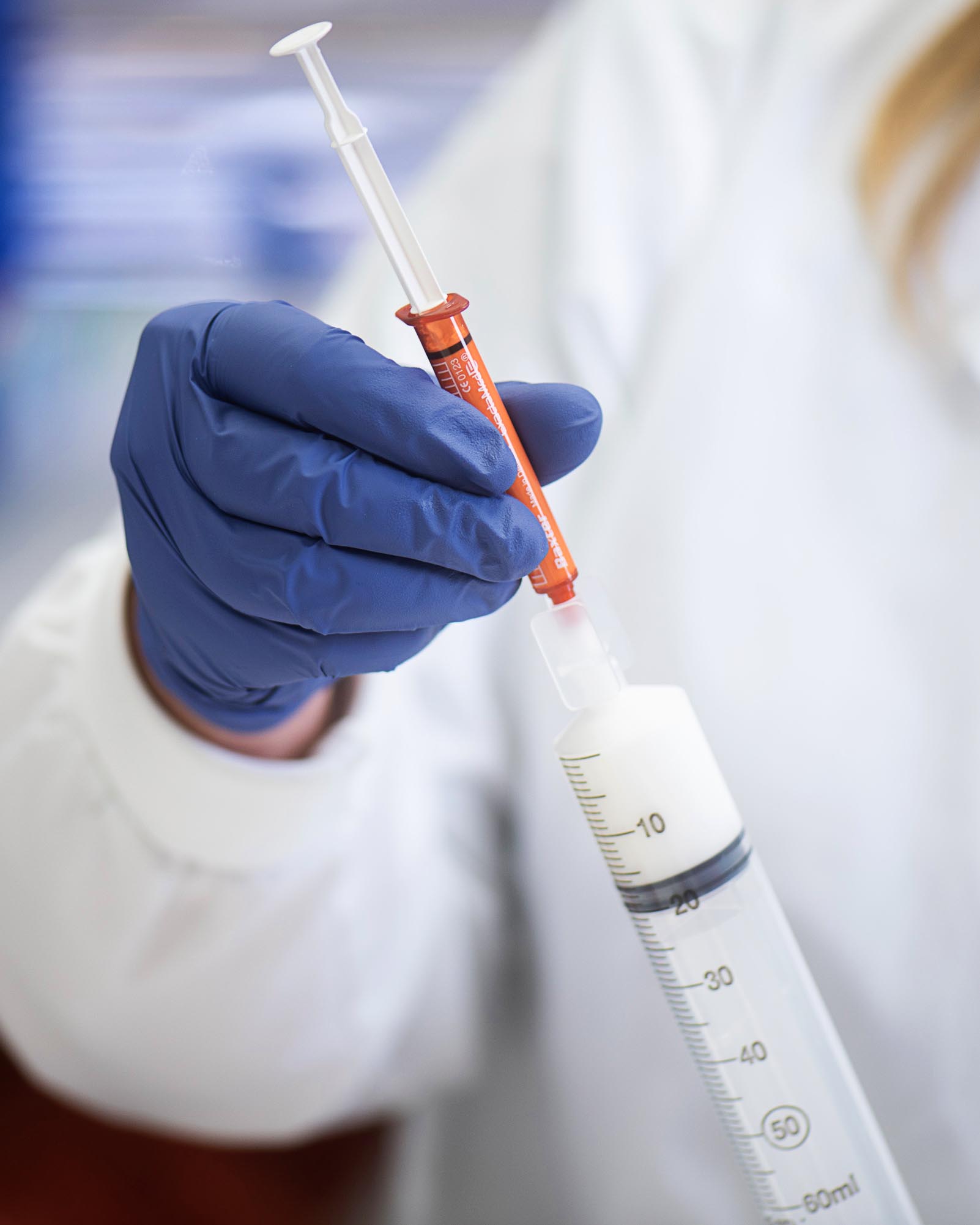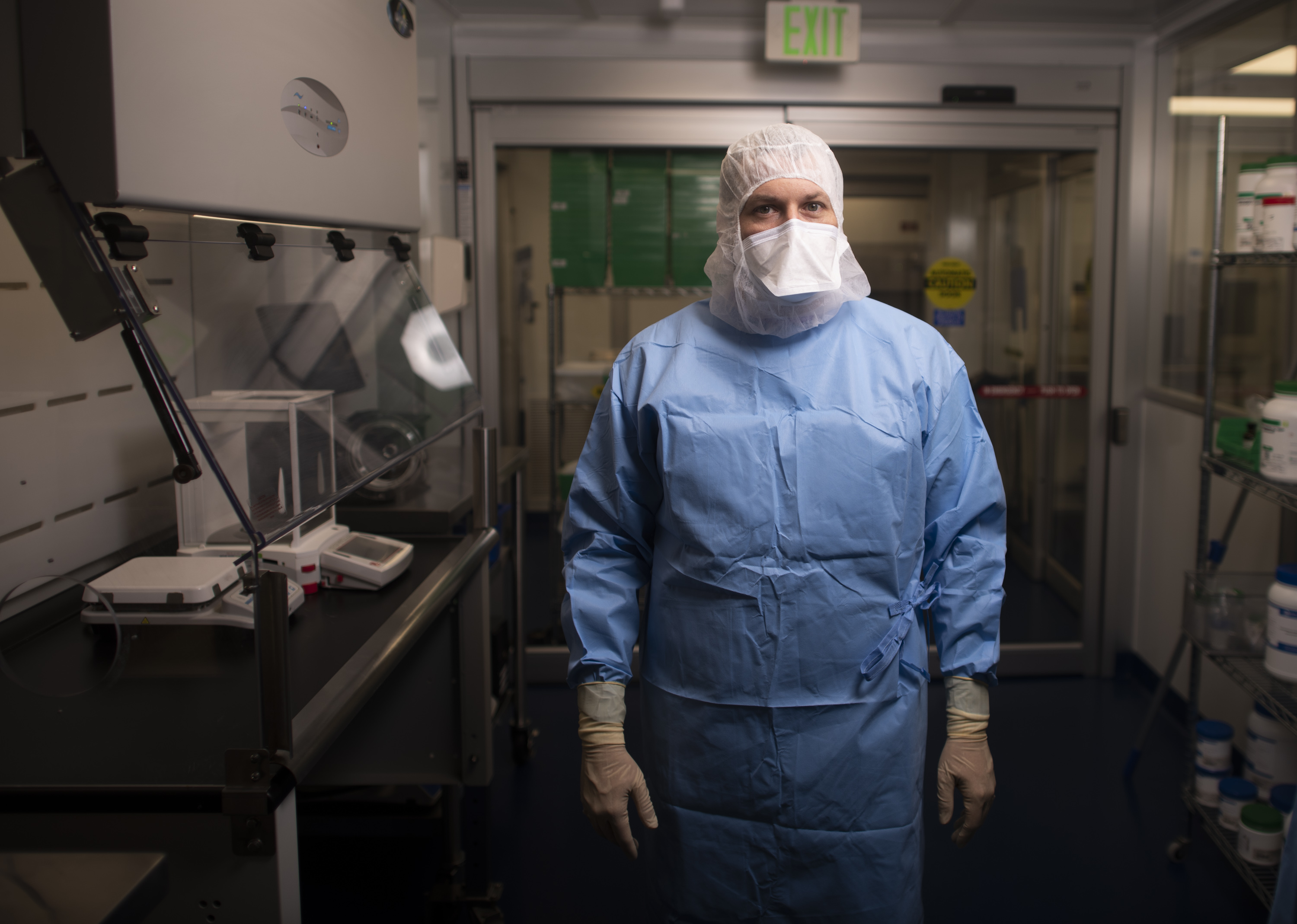The FDA-funded NASEM report on compounded hormones paints a dire picture of not just compounded hormones, but compounding pharmacy in general. But talk to the physicians who prescribe the pharmacists who compound, and the patients who benefit from compounded hormone replacement therapies, and you hear a very different message. You hear a story of lives changed, lives made better. In a recent episode of The Hotflash Inc Podcast, Anne Marie McQueen talks with industry insiders Scott Brunner and Jennifer Burch to get to the heart of the compounding controversy.

“Pharmacy was born out of compounding,” explains Scott Brunner, CEO of the Alliance for Pharmacy Compounding. And while advancements have led to commercially manufactured medications that are typically effective, “there are still millions of patients across the country that aren’t suited to those drugs for a number of reasons. Compounding pharmacy is essential if we want to serve the widest range of people possible.” There’s an essential place for both options in the American healthcare system, he insists.
Pharmacist Jennifer Burch agrees: By working closely with patients and prescribers, compounding pharmacies can create custom hormone therapies that work where other options have failed. “The majority of our patients have tried commercial treatments more than once before turning to compounded therapies,” she stresses. “And they keep coming back for refills because their symptoms are finally improving.”
The problem, Brunner says, is that FDA is treating compounded hormones like they would a new drug seeking mass approval. But individual compounds like the ones used in bioidentical hormone therapy aren’t suited to that process because they are unique to each patient.
People get caught up in the argument that individual compounds aren’t FDA approved, he explains, “but the regulatory environment in which pharmacy compounders operate is extraordinarily rigorous.”
In addition, Burch points out, compounding pharmacies test patients regularly to ensure they’re getting appropriate doses and aren’t having adverse effects.
One solution, they agree, is an increase in channels for patient reporting. Another is to speak to your elected representatives about the need for compounded therapies and to visit compounding.com to lend your support.






